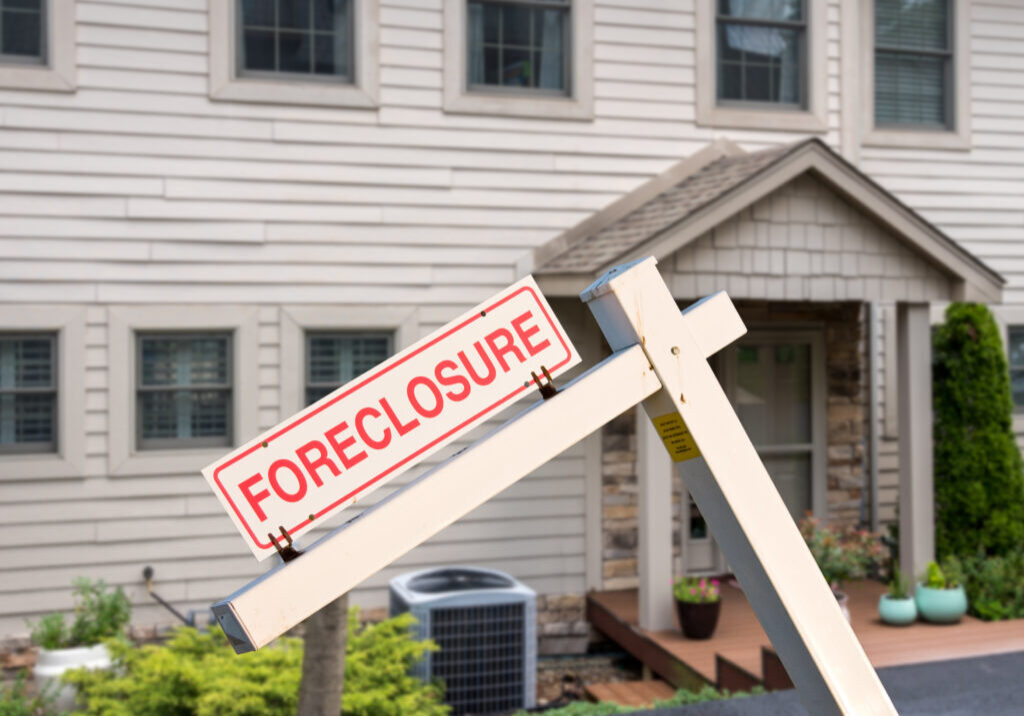The skyrocketing cost of property insurance is threatening to price more than 100 New Orleans residents out of the homes they purchased through Habitat for Humanity. The nonprofit has helped many low-income people realize the dream of home ownership through 0% interest loans with no down payments. But in many instances people on fixed income have seen their monthly premiums double, an insurmountable financial burden that Habitat for Humanity cannot address. The Times Picayune | Baton Rouge Advocate’s Sophie Kasakove reports:
The homeowners facing the biggest threat, [Habitat for Humanity’s Marguerite] Oestreicher said, are those who have been in their homes for many years. Habitat’s programs were long focused on serving people who make 30% to 50% of the area’s median income, defined as low-income by the federal government. For those owners, many of whom are now retired and on a fixed income, the costs have put them in a bind. The more than 100 homeowners currently facing foreclosure are more than three months behind on payments, said Oestreicher. “I have more families right behind them,” she added.
Ignoring facts on juvenile justice
Louisiana has housed child inmates at a maximum security adult prison and will now treat 17-year-olds as adults in the criminal justice system. State lawmakers also recently approved a controversial pick to head the state’s juvenile justice system. Families & Friends of Louisiana’s Incarcerated Children’s Black Girls Rising’s Tamia Cenance and Cameron Dumas, in guest column for the Times Picayune | Baton Rouge Advocate, explain how Louisiana is ignoring the needs and best practices in juvenile justice.
The real solution to public safety is giving youth what they need. We need a leader at OJJ who understands that. Our state must implement a therapeutic model, such as the one proposed in Act 1225, a youth justice reform law passed in Louisiana in 2003 that was modeled after Missouri’s approach to building a holistic coordinated system of care. Sadly, because of a lack of state leadership and willingness to invest in a complete transformation of the system, we are still waiting for Act 1225 to be fulfilled. In the meantime, our youth and families continue to suffer.
Boosting local climate resilience
The National Oceanic and Atmospheric Administration is providing millions of dollars to help coastal communities boost jobs to combat climate change. The Climate-Ready Workforce for Coastal and Great Lakes States, Tribes and Territories initiative will support nine job training programs across 11 U.S. states and territories, including Louisiana. Route Fifty’s Kaitlyn Levinson reports:
The Climate-Ready Workforce Initiative will help forge partnerships among governments and stakeholders “to train workers all over the country [in climate resilience] from supporting water resources and infrastructure in Ohio, to restoring wetlands and building living shorelines in Texas, to collecting real time environmental data to aid climate adaptation efforts in Native Alaskan communities,” U.S. Secretary of Commerce Gina Raimondo said on the call.
Policymakers can solve homelessness
Homelessness in America reached its highest level on record since data began being collected in 2007. Rising rent and homeowners insurance premiums have the potential to exacerbate this disturbing trend in future years. A new report from the Center on Budget and Policy Priorities explains how policymakers can help solve the problem:
Strategies that pair rental assistance with improvements to health and social service systems so they can better deliver personalized supportive services (an approach often called Housing First) are highly effective in helping people become permanently housed. Providing rental assistance and supportive services to everyone who needs them is essential to ensuring everyone has a safe place to call home.
New research from Brookings shows how ARPA funds are helping cities tackle housing affordability:
One important—but perhaps overlooked—source of investment in affordable housing designed to alleviate these pressures has been the Coronavirus State and Local Fiscal Recovery Funds (SLFRF) program, part of the American Rescue Plan Act (ARPA), which provided flexible funding to localities and states to support economic recovery.
Number of the Day
50.55% – Local sales taxes as a percentage of local tax collections in Louisiana in 2021, which was the highest in the nation. (Source: U.S. Census Bureau via the Tax Foundation)
